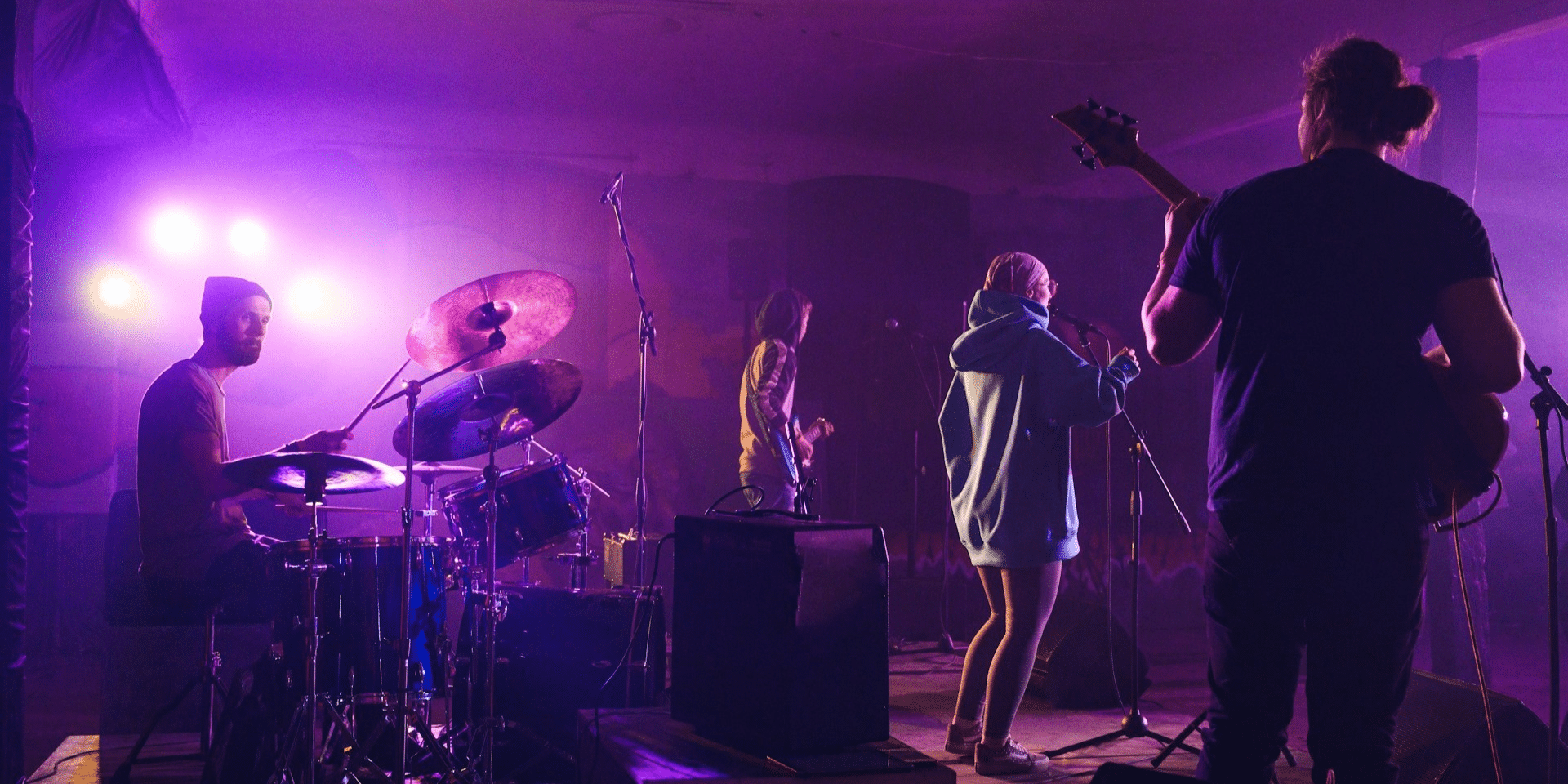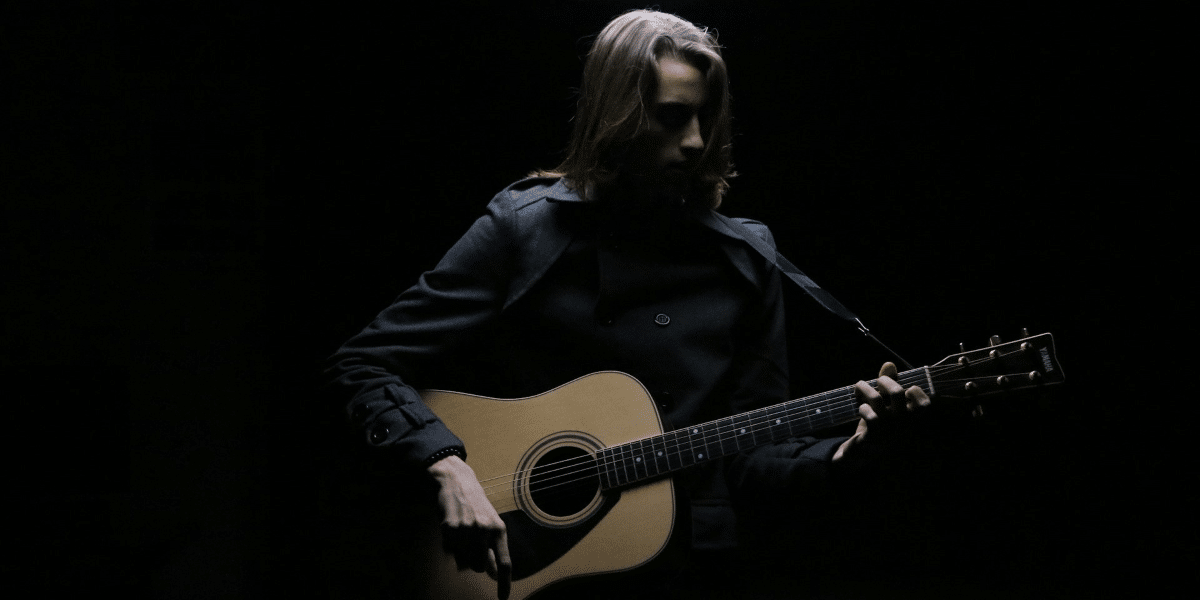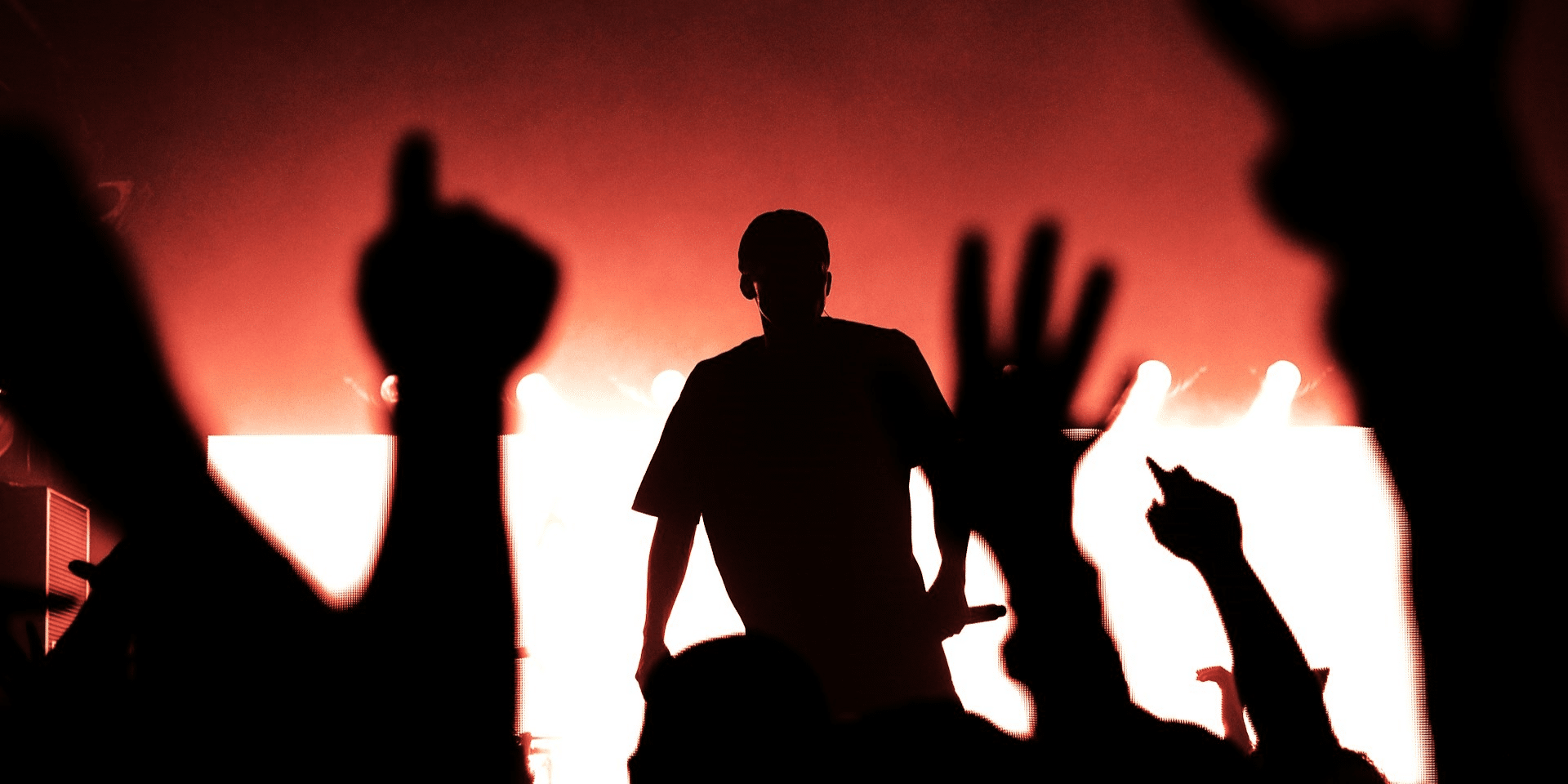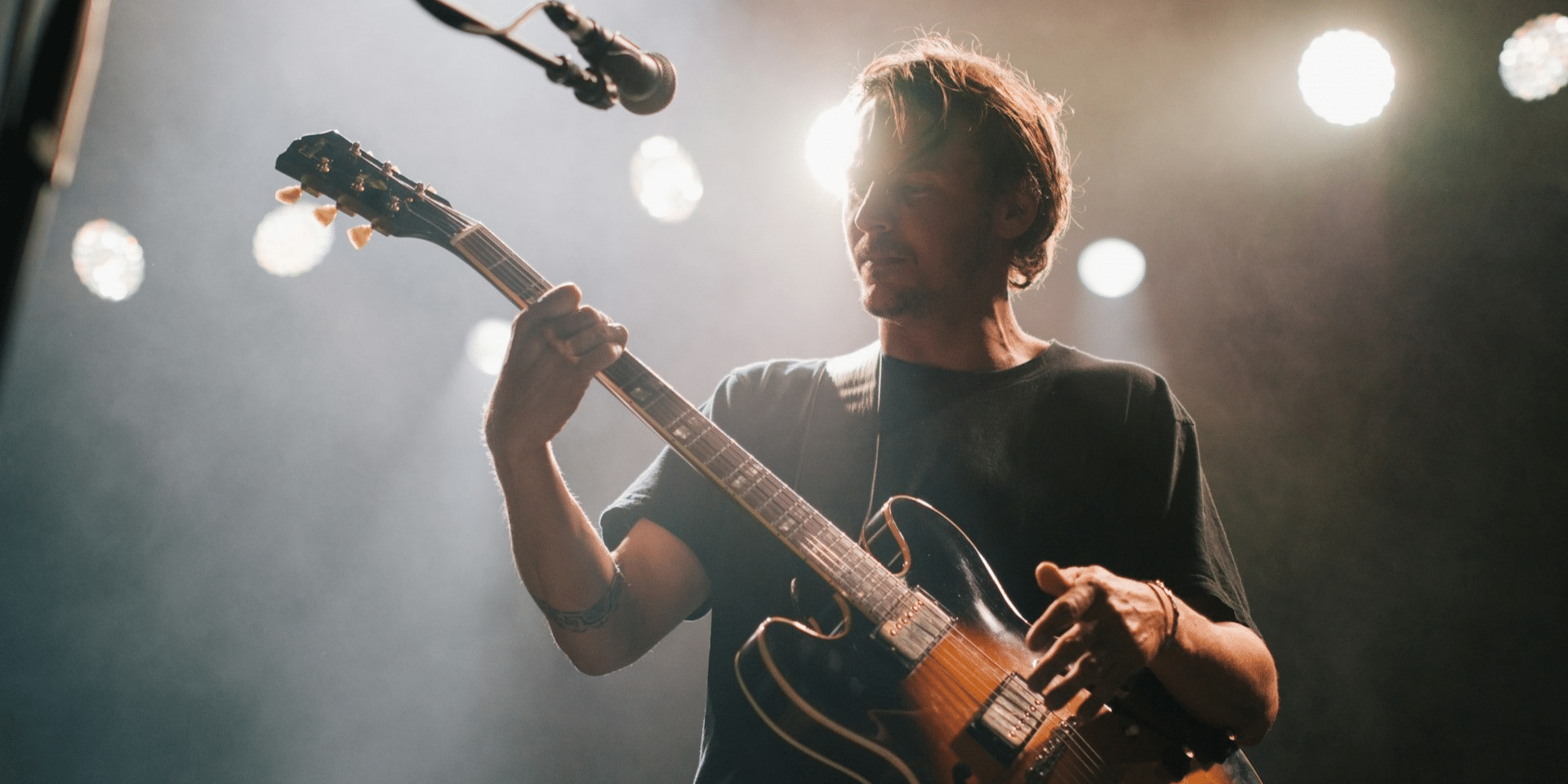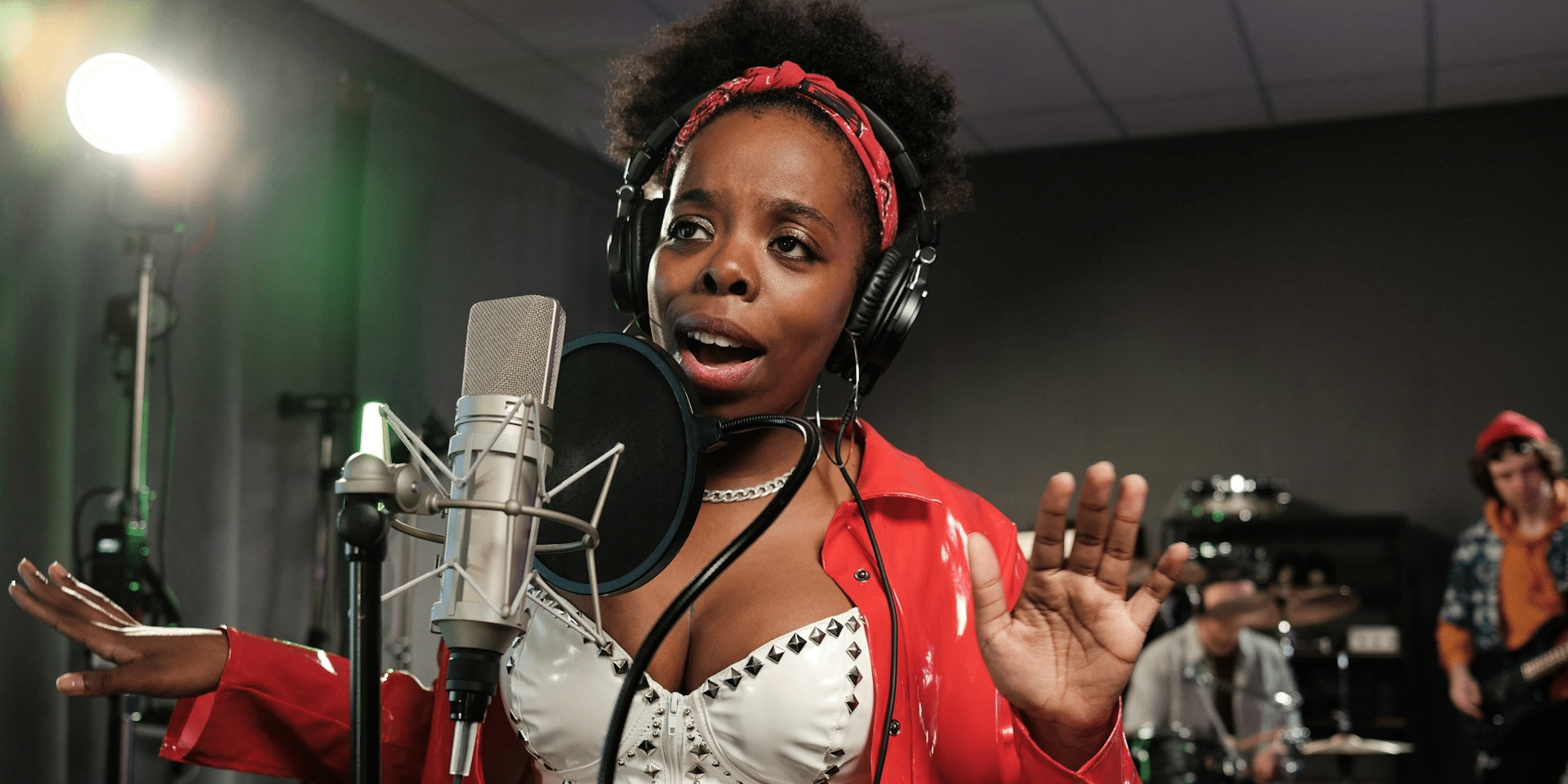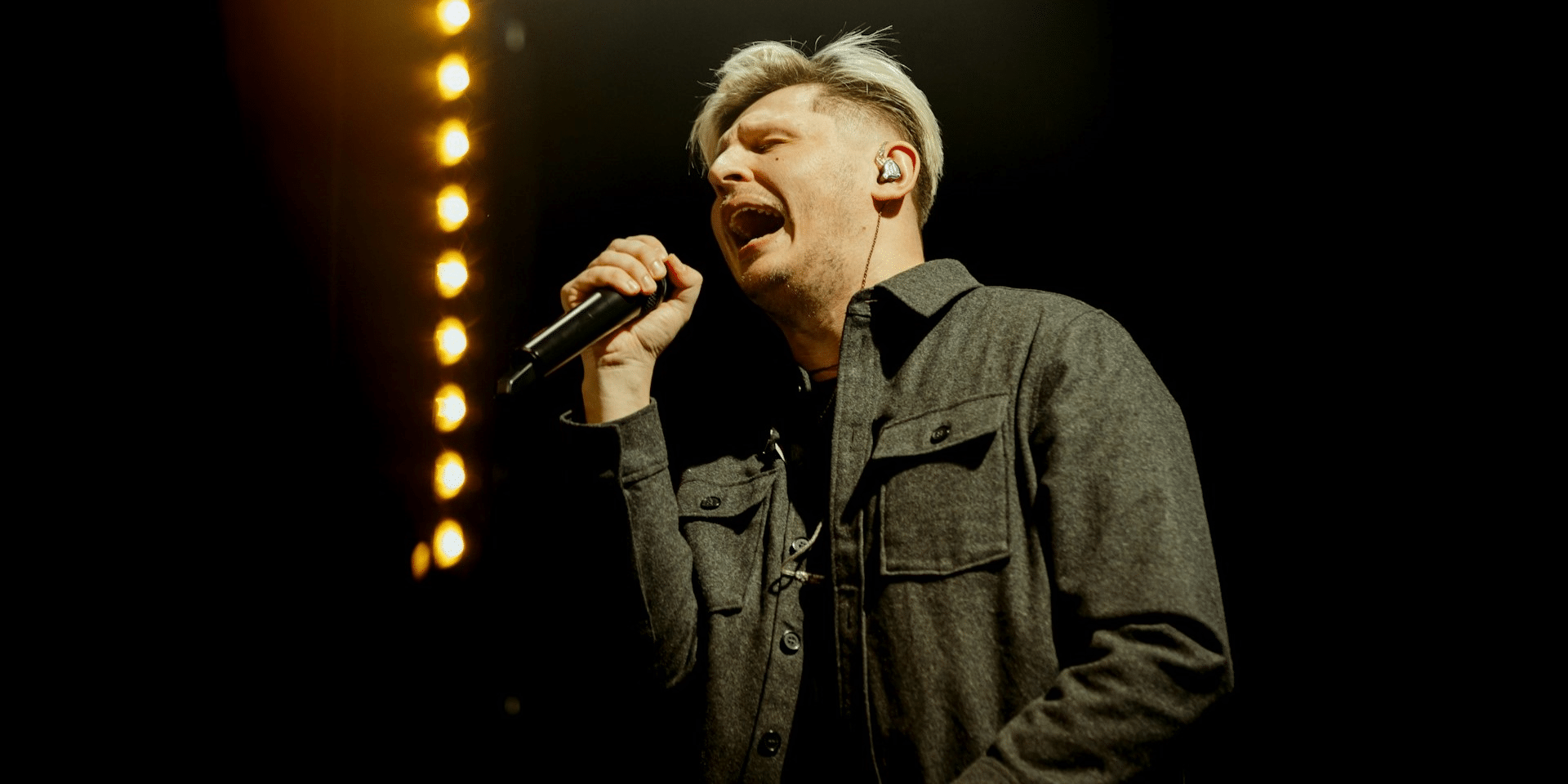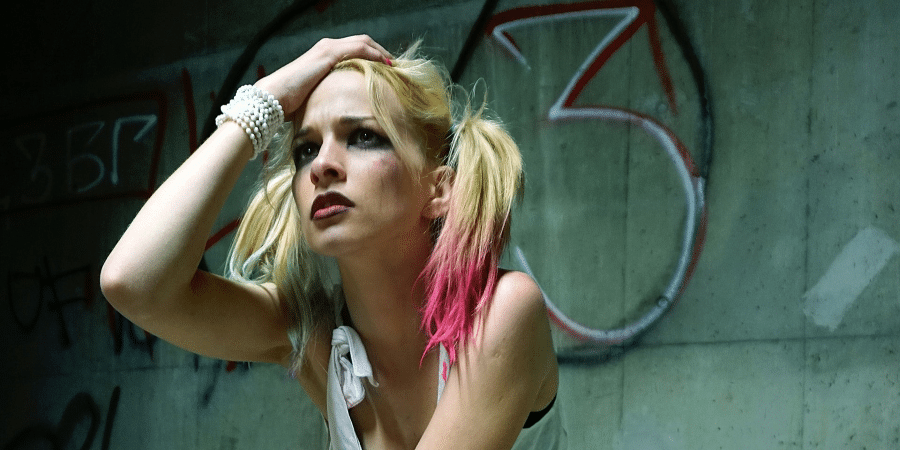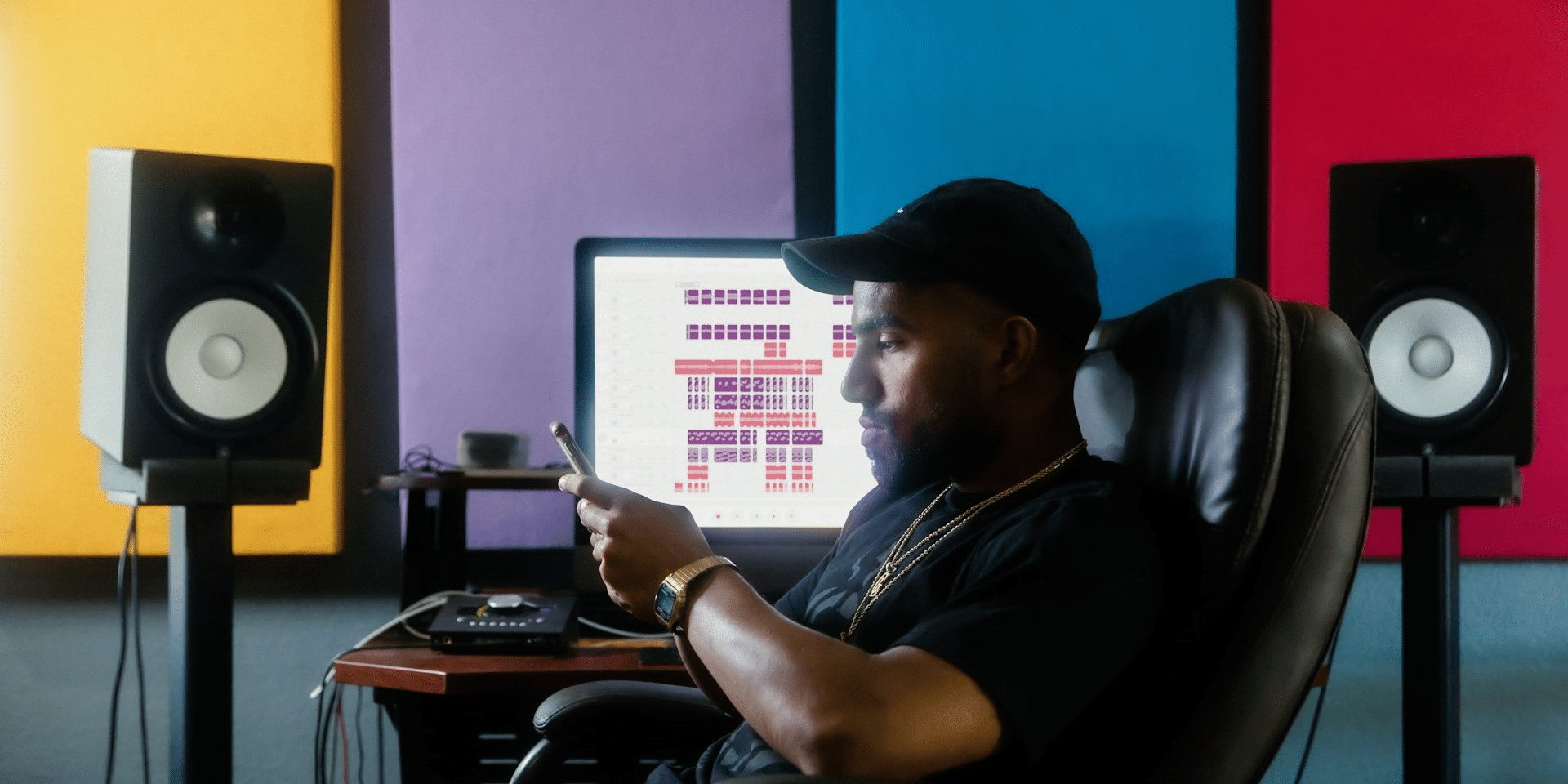In the fast-paced, highly publicized world of music, the idea of a “secret show” holds a special kind of mystique. Hidden concerts, impromptu gigs, and under-the-radar performances have long captured the imagination of fans and musicians alike. These secret shows, where the location and details are kept under wraps until the very last moment, are a fascinating aspect of the music industry. Whether it’s a major artist or an underground act, the allure of an intimate, exclusive performance creates an electric buzz among fans, while keeping musicians in control of their public persona.
But why are secret shows such an important and tightly held secret for musicians? What drives the need to keep these performances hidden, and how do they impact the artists, their fans, and the industry at large? This article explores the reasons behind the tight lid around secret shows and why they matter for musicians today.
The Appeal of Secret Shows
Secret shows are a powerful way to create an atmosphere of exclusivity and mystery. For fans, the idea of attending a concert that isn’t widely publicized makes the event feel more personal and unique. The thrill of getting access to an event that only a select few are aware of brings a sense of privilege. For musicians, secret shows offer a chance to experiment, connect with fans, and offer a refreshing break from the regular, large-scale performances that dominate their schedules.
Exclusivity and Intimacy
One of the primary attractions of secret shows is the intimacy they offer. Fans attending these performances often get to experience their favorite musicians in smaller, more personal venues, where the connection between artist and audience can feel more immediate and intense. These shows are usually held in unconventional venues, such as private clubs, warehouses, or even private residences, which further enhances the sense of being part of a select group.
Musicians who play secret shows are able to create a more informal and relaxed atmosphere, which can be a refreshing change from the typical stage setup. With fewer people in attendance, the energy in the room can feel more genuine, and artists are able to interact with their fans on a closer, more personal level. This intimacy allows for a deeper emotional connection, something that can sometimes get lost in large, impersonal arenas.
A Chance for New Material and Experimentation
Secret shows also provide a unique opportunity for musicians to debut new material without the pressure of a larger audience or media scrutiny. If an artist is testing out new songs or experimenting with different arrangements, a secret show allows them to gauge the reaction of a smaller, more forgiving crowd before formally releasing their work. These shows provide an environment where mistakes can be made, and artists have the freedom to experiment with their performance style without worrying about public perception.
For established artists, secret shows can be a chance to reintroduce themselves creatively, playing with sounds or genres that may differ from their mainstream work. For newer or indie artists, it can offer an essential opportunity to build a loyal fan base through word of mouth and exclusivity. The smaller audience creates a sense of community, allowing fans to feel like they are part of the artist’s journey from the very beginning.
The Secretive Nature of Secret Shows
The thrill of secret shows lies in their mystery. The tighter the secrecy, the greater the anticipation and buzz surrounding the event. Keeping these shows under wraps requires a level of discretion from both the artists and the fans. But why are musicians so protective of the details surrounding these performances?
Protecting Artistic Control
Musicians, especially those at the top of their careers, are often keenly aware of how their public image can influence their success. While big concerts and album releases are planned and heavily marketed, secret shows operate in a much more controlled and intimate space. By keeping these performances under wraps, musicians have the opportunity to maintain control over their image and manage the narrative around their work.
A secret show can provide an opportunity to let their guard down and offer fans a more authentic glimpse of who they are as artists, without the constraints of corporate sponsorship or mass media. This sense of control is invaluable to musicians who want to maintain their creative freedom and avoid being boxed into a particular genre or persona.
Creating a Buzz
A key part of the allure of secret shows is the buzz they generate. When a major artist decides to hold a secret show, fans and media alike go into a frenzy trying to figure out the venue and the time. Word of mouth spreads quickly, and fans often use social media platforms to try to track down clues about the show’s location. This sense of mystery increases the anticipation surrounding the event and adds a layer of excitement to the performance itself.
The secrecy also builds a level of urgency. When the details of a secret show are revealed—sometimes only hours before the concert begins—fans scramble to secure tickets or access to the event. This sense of limited availability fuels the excitement and makes the concert feel even more exclusive. It turns the experience into a “once-in-a-lifetime” event that fans won’t soon forget.
Maintaining the Element of Surprise
For many musicians, the element of surprise is central to the success of a secret show. Not knowing what to expect builds excitement and tension, and the uncertainty of the event’s details adds to the magic. This sense of unpredictability is a stark contrast to the highly polished and planned nature of most public concerts, where fans know exactly what to expect—setlists, stage designs, and pre-released material.
By keeping the show secret, musicians can create an entirely fresh and unexpected experience for their fans, who are often just as excited about the surprise as they are about the music itself. The “secret” is part of the artistry, adding a layer of intrigue and excitement to the entire performance.
The Challenges of Keeping Secret Shows Under Wraps
While the secrecy of these performances adds to their appeal, it can also be challenging to maintain such a tight lid around them. Given the nature of the modern music industry and the prevalence of social media, it’s increasingly difficult to keep any event truly secret.
The Role of Social Media
With the rise of social media, news about secret shows spreads faster than ever. Fans attending secret shows often document their experiences in real time, posting photos and videos to platforms like Instagram, Twitter, and TikTok. While this can generate excitement, it can also jeopardize the secrecy of the event, especially if fans inadvertently leak location details or performance clips.
In response, musicians and their teams often take precautions to prevent this from happening. Some artists may require fans to sign non-disclosure agreements (NDAs) before attending a secret show, while others take steps to limit the number of people who are invited, reducing the chances of leaks. Still, maintaining complete secrecy in today’s digital age is a tough challenge.
The Logistics of a Secret Show
Organizing a secret show requires considerable logistical planning to ensure that the event runs smoothly while keeping the details confidential. From selecting the right venue to coordinating the right people, secret shows often require a high degree of organization. The artist’s team must ensure that everything is in place, from sound equipment to security, without allowing the information to leak to the public.
Additionally, even the most carefully planned secret shows can face disruptions. Unauthorized attendees, leaked information, or accidental social media posts can undermine the secrecy of the event. However, part of the excitement for fans attending these shows is that there’s a constant sense of uncertainty and the potential for something to go wrong, adding to the thrill of the experience.
The Impact on Fans and the Music Industry
Secret shows have a profound effect on both fans and the music industry as a whole. For fans, being part of an exclusive, underground performance creates a unique and memorable experience. It cultivates loyalty to the artist and makes them feel like they are part of something special. These fans are more likely to become lifelong supporters, sharing their experiences and helping to promote the artist’s music in the process.
For musicians, secret shows provide an opportunity to refresh their connection with fans and cultivate a sense of mystery and intrigue around their brand. The buzz generated by these performances can lead to greater visibility and media attention, even if the show itself remains under the radar.
Additionally, secret shows can help musicians experiment with new sounds, ideas, and fan interactions, which can lead to more creative growth. These events can be a test ground for new material, helping the artist gauge fan reactions before releasing a full album or going on a larger tour.
The Power of the Hidden Performance
Secret shows hold a special place in the hearts of musicians and fans alike. They provide a rare opportunity for intimacy, creativity, and excitement, all wrapped in an aura of mystery. For musicians, these performances offer a way to maintain control over their public persona, experiment with new ideas, and connect with their audience in a deeper, more personal way. For fans, they represent the chance to be part of something exclusive and memorable.
While keeping these shows under wraps in today’s hyper-connected world can be challenging, the allure and excitement they create make them an integral part of the music industry. In the end, the tight lid around secret shows continues to captivate audiences and musicians alike, making these hidden gems in the world of music all the more precious.

